Oct 11, V7N- Elon Musk unveiled Tesla’s ambitious vision for the future of autonomous transportation at a high-profile event on Thursday, showcasing a "Cybercab" robotaxi and a new "robovan," as part of Tesla’s shift toward robotic vehicles. The Cybercab, set to enter production in 2026 with a price tag under $30,000, features no steering wheel or pedals and is aimed at high-volume production. Musk also introduced the robovan, designed to carry up to 20 passengers, though details were sparse.
Despite the grand reveal, Musk acknowledged that Tesla’s timeline for mass production and regulatory approval of robotaxis remains uncertain, noting that his previous projections have often been optimistic. He did not specify how Tesla would overcome the technical and regulatory challenges that have plagued the development of autonomous vehicles, including safety concerns and the ability of the technology to handle complex driving conditions.
The event, titled "We, Robot," emphasized Musk’s belief that Tesla should be seen as an AI robotics company, not just a car manufacturer. He highlighted the potential for autonomous vehicles to be significantly safer than human drivers and reduce the cost of operation to as low as 5 cents per mile for the robovan. Musk also touted progress on Tesla’s humanoid robot, Optimus, which could be priced between $20,000 and $30,000 and perform daily tasks.
However, the presentation left many investors and analysts wanting more concrete timelines and technical details. Critics noted that while Musk painted an idealized vision of the future of transportation, significant challenges remain, including the need for regulatory approval and ensuring the safety and reliability of fully autonomous vehicles.
Tesla’s approach to full self-driving (FSD) technology, which currently requires driver supervision, has faced legal scrutiny, particularly after accidents involving the technology. Despite this, Musk stated that Tesla aims to roll out unsupervised autonomous driving in Texas and California by next year, although it is unclear whether the Cybercab will use FSD or new technology.
The robotaxi market, while promising, has proven tough to crack. Tesla’s competitors, including Alphabet's Waymo, Amazon's Zoox, and General Motors' Cruise, have faced significant losses and regulatory hurdles. While Musk's vision for Tesla’s robotic future is bold, questions about its feasibility and timeline remain.
END/TEC/RH/



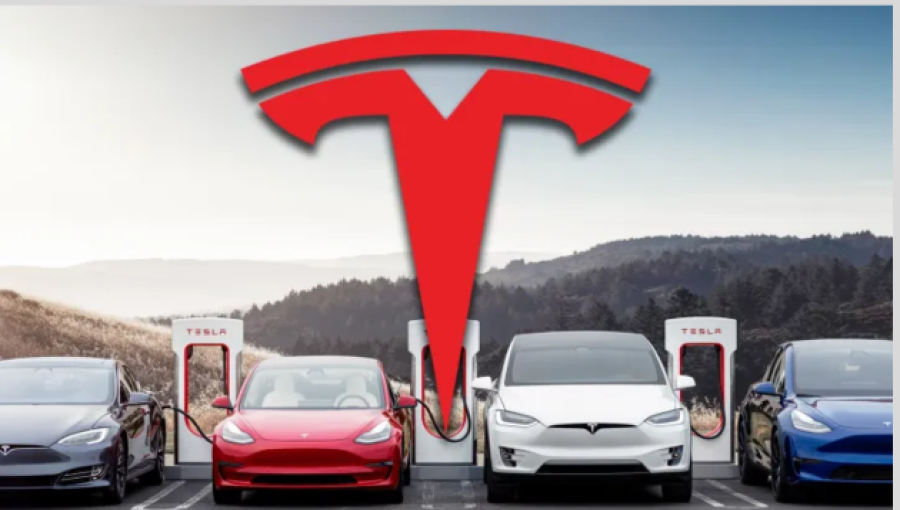
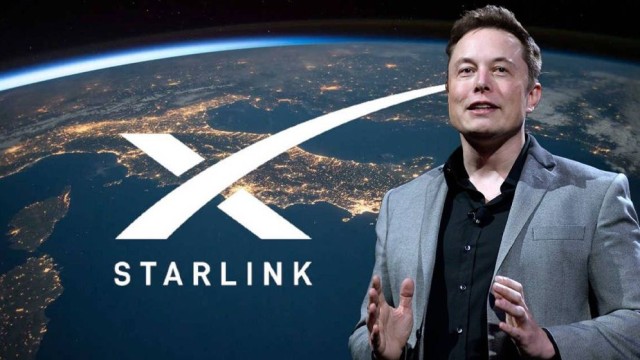
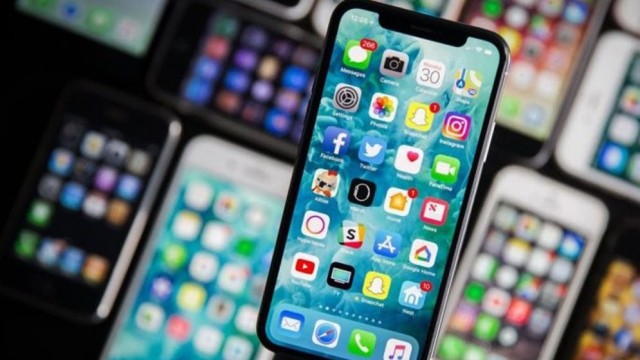
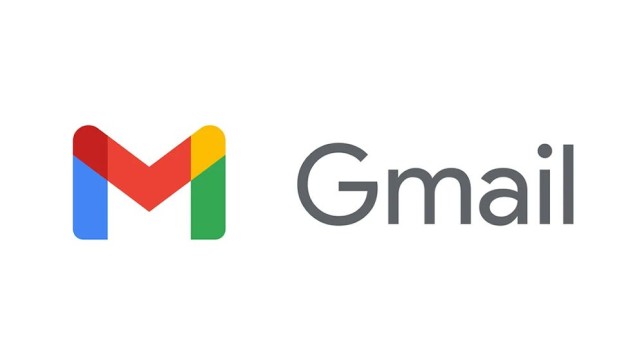
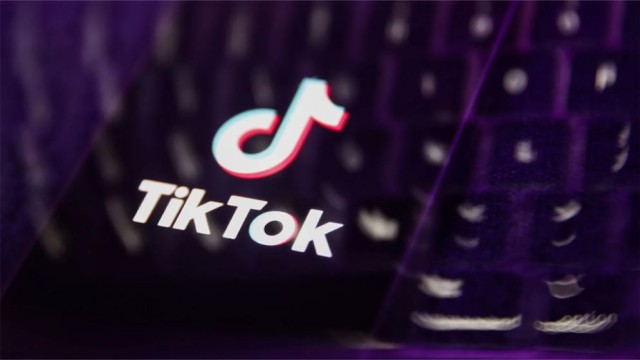
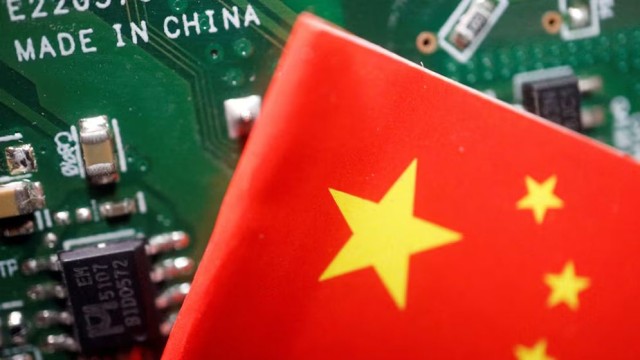
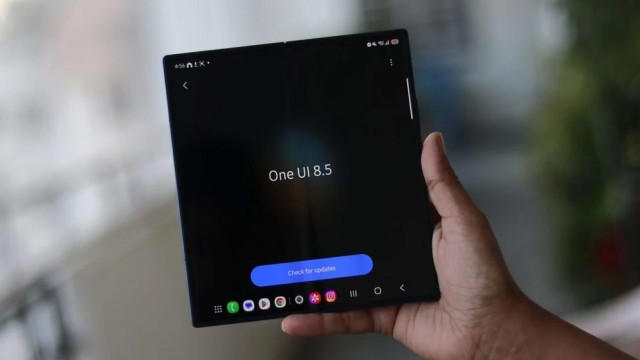
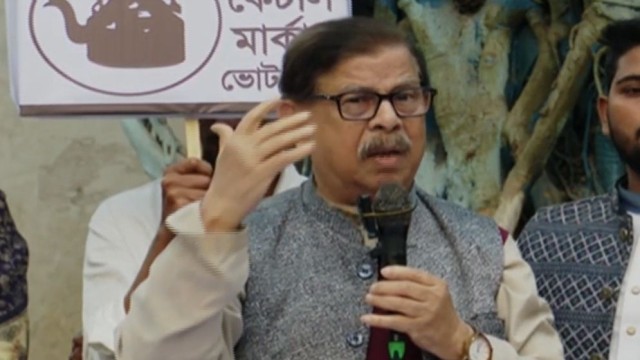


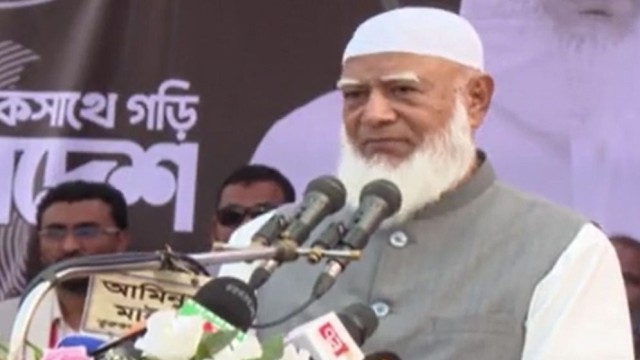
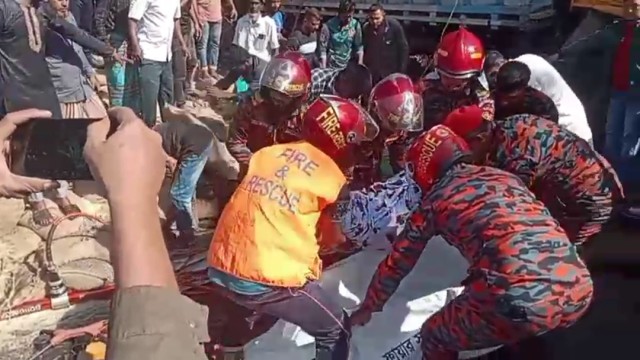
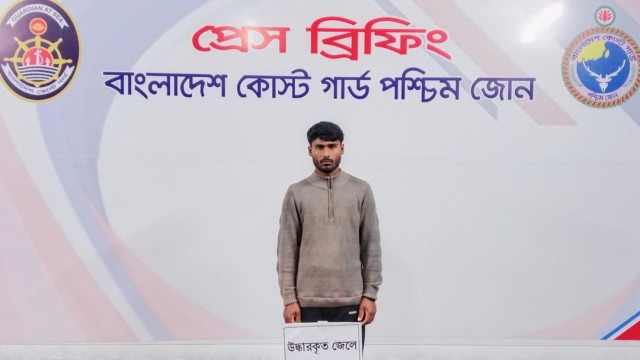

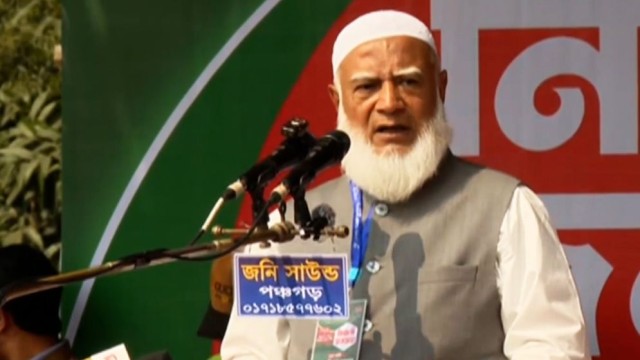
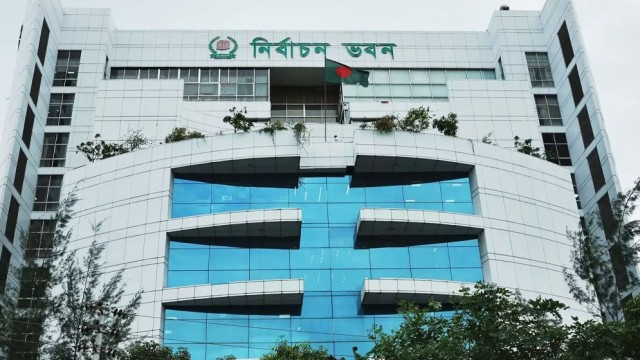
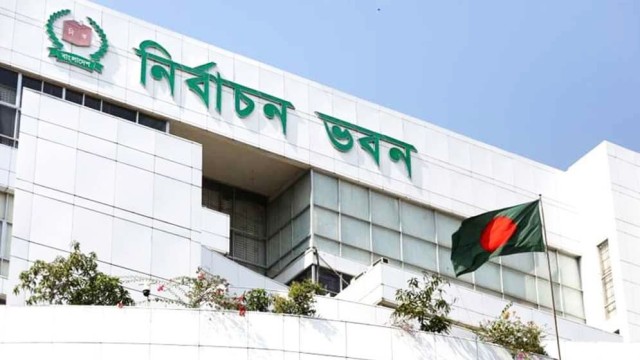










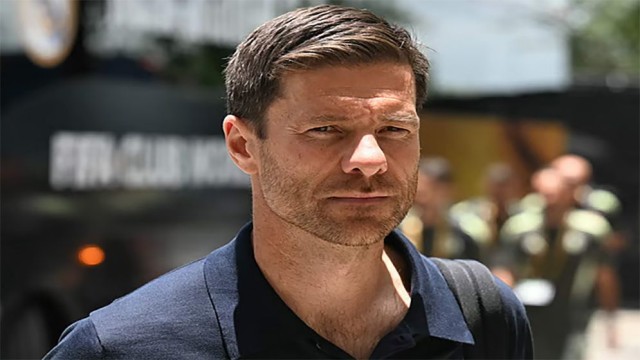
Comment: